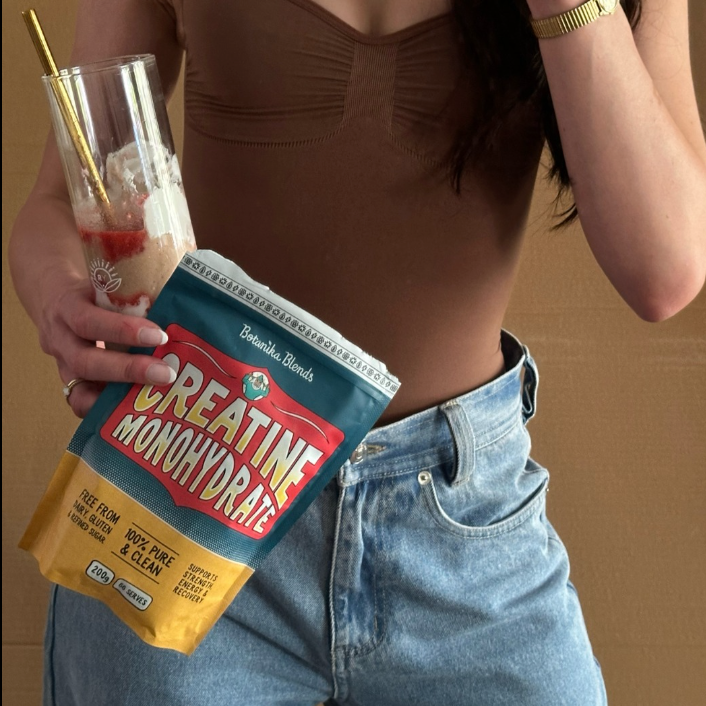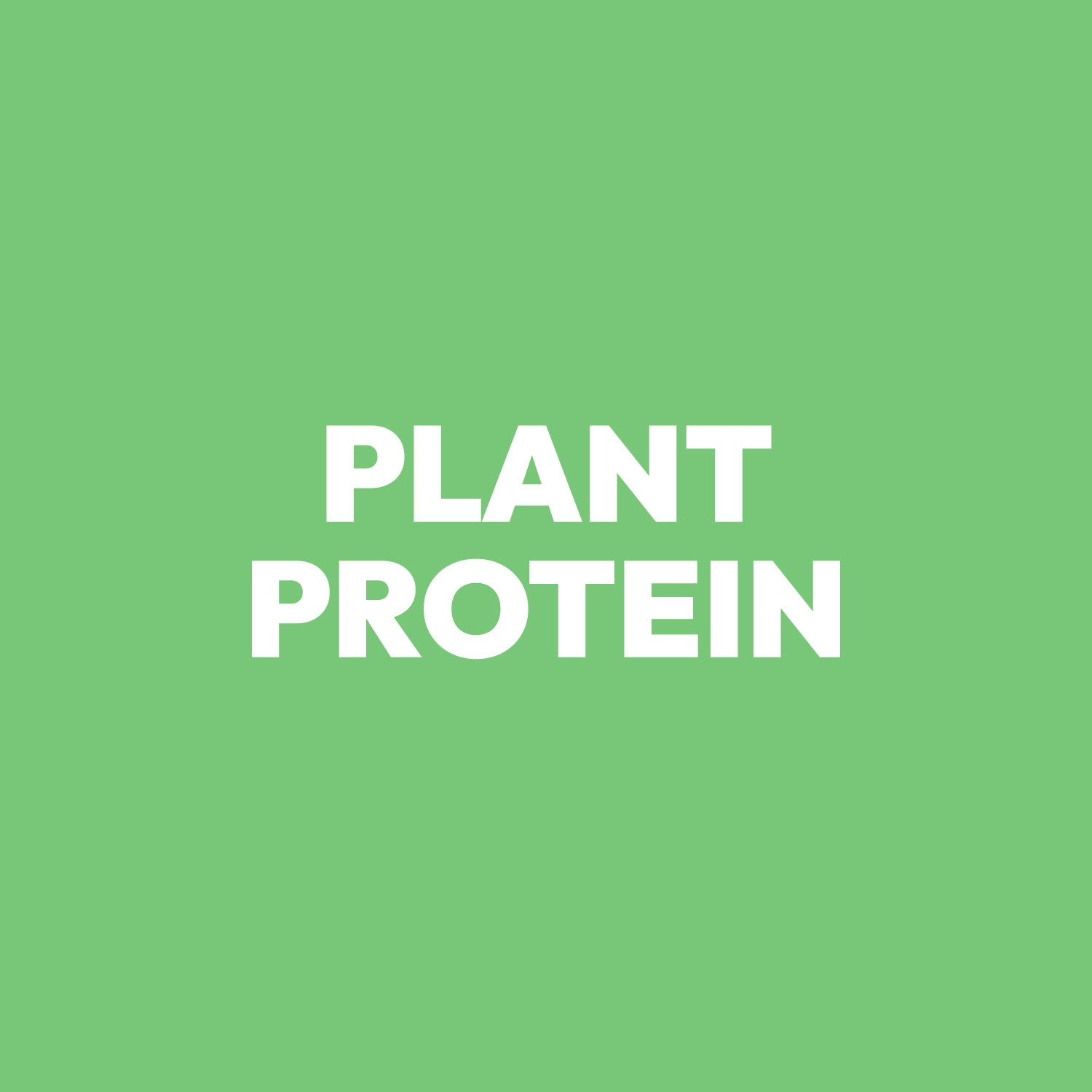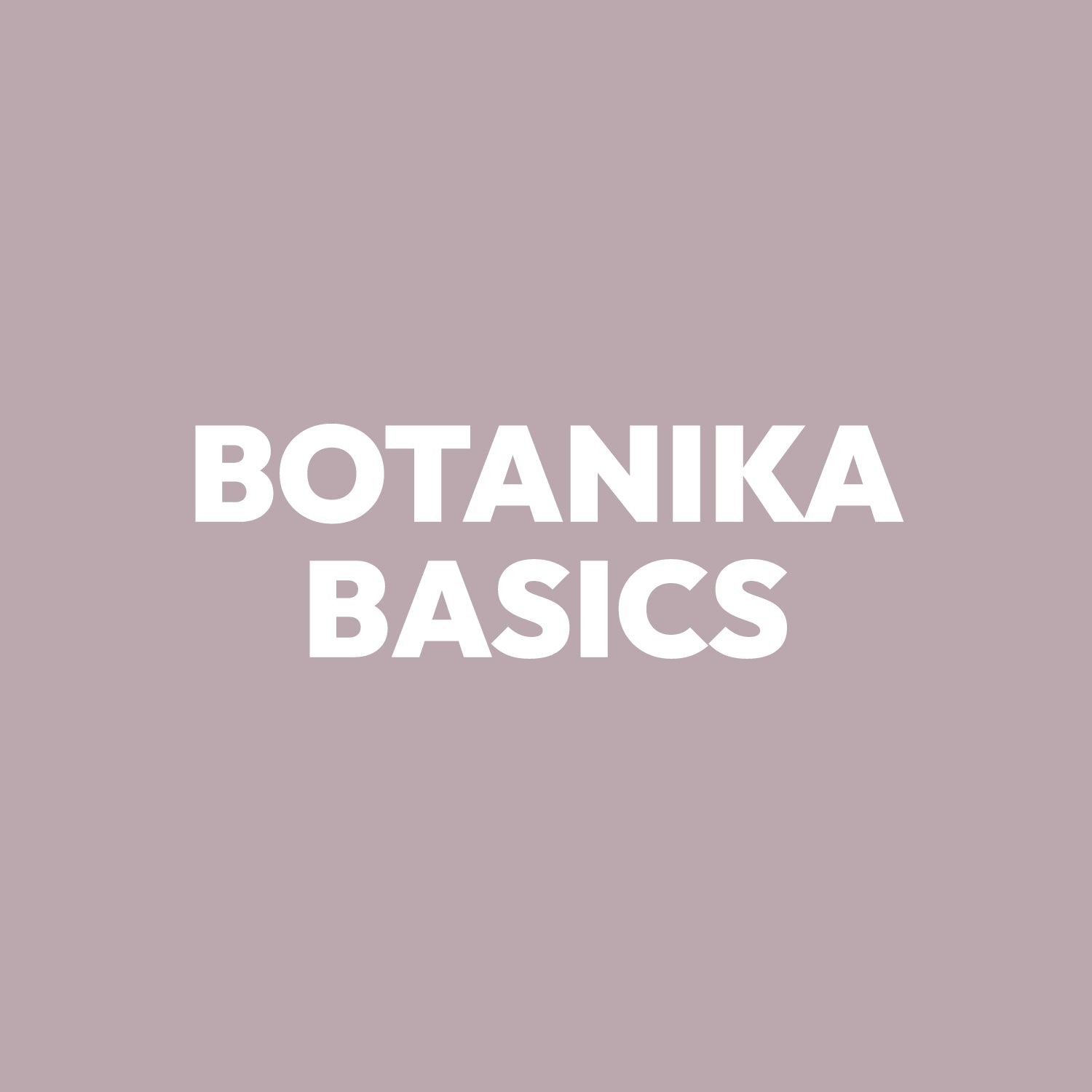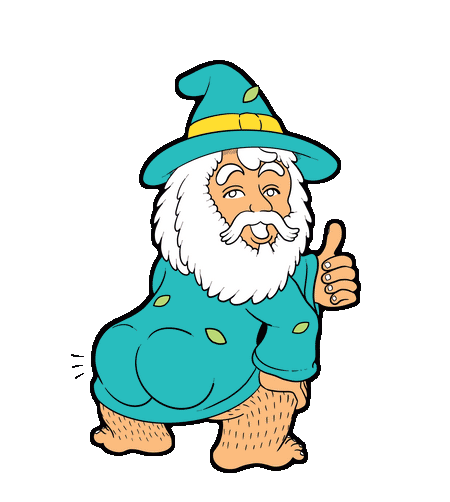

Foods With Creatine: Why Vegans Need Creatine Supplements?
When it comes to foods with creatine, the truth might surprise you — all natural food sources of creatine are animal-based.
That means creatine rich foods like:
-
Red meat (especially ground beef)
-
Fatty fish (like salmon, tuna, and herring)
-
Pork and poultry
These are the main high creatine foods, each containing around 0.5–1 gram of creatine per ounce serving, depending on the cut and preparation method. For those seeking plant-based alternatives, plant protein powders can provide an excellent source of protein without animal products.

But if you follow a vegan, vegetarian, or plant-based diet, you’ll get almost no natural creatine sources from plant foods. That’s because creatine naturally occurs in animal based foods only — it’s made in their muscle tissue, not in plants.
👉 Check this article about vegetarian and creatine
So while your body can create creatine on its own from three amino acids (arginine, glycine, and methionine), the amount you produce internally isn’t always enough to keep your muscle creatine stores fully topped up, especially if you train hard or eat no animal products.
Why Creatine Matters for Muscle Growth & Exercise Performance
Creatine is one of the most studied and effective nutritional supplements in modern sports nutrition.
Inside your muscle fibers, creatine binds with phosphate to form creatine phosphate, which helps regenerate adenosine triphosphate (ATP) — your body’s primary energy currency.
This means more energy production, improved exercise performance, and faster recovery during high intensity exercise like weight training or sprinting.
👉 Check this article about what's creatine?
Benefits backed by research:
-
Increases muscle mass and helps build muscle faster
-
Improves muscle recovery and exercise performance
-
Supports aerobic capacity and strength during resistance training
-
Enhances brain health, cognitive function, and focus
-
May help with overall health through better cellular energy balance

A 2021 sports nutrition position stand by leading exercise scientists confirmed that creatine supplementation is safe, effective, and beneficial for both performance and brain function — even more so for those following plant-based diets.
Top 8 Foods With Creatine
If you’ve ever searched for foods with creatine, you’ve probably noticed something interesting — every naturally creatine-rich food comes from animals.
That’s right — there are no plant-based foods that naturally contain creatine.
Here’s a look at the top 8 foods with creatine, their average creatine content, and how they fit into your muscle growth and exercise performance goals 👇
|
Rank |
Food |
Type |
Approx. Creatine Content (per 100g / 3.5 oz serving) |
|---|---|---|---|
|
🥇 1. Herring |
Fatty Fish |
6.5–10 g of creatine per kg (~0.65–1 g per 100 g) |
One of the richest natural creatine sources — also packed with omega-3 fatty acids for heart and brain health. |
|
🥈 2. Pork |
Red Meat |
5 g/kg (~0.5 g/100 g) |
High in creatine and grams of protein, plus B vitamins that support energy production. |
|
🥉 3. Beef (Ground Beef / Steak) |
Red Meat |
4.5–5 g/kg (~0.45–0.5 g/100 g) |
A classic creatine rich food that supports muscle growth and muscle recovery after weight training. |
|
🐟 4. Salmon |
Fatty Fish |
4.5 g/kg (~0.45 g/100 g) |
A favourite among athletes for both high creatine and healthy fats — enhances athletic performance and recovery. |
|
🍗 5. Chicken (Breast / Thigh) |
Poultry |
3.5 g/kg (~0.35 g/100 g) |
A lean source of creatine and amino acids — supports muscle tissue repair and lean muscle gain. |
|
🐷 6. Pork Loin / Ham |
Red Meat |
4–5 g/kg (~0.4–0.5 g/100 g) |
Another creatine rich red meat, offering both creatine content and other nutrients like iron and zinc. |
|
🐠 7. Tuna |
Fish |
4 g/kg (~0.4 g/100 g) |
A convenient high creatine food that also boosts brain function thanks to omega-3s and selenium. |
|
🥚 8. Milk & Dairy (Trace Amounts) |
Animal Product |
~0.1 g/kg |
Contains very small creatine levels, but not enough to support muscle creatine stores or increase muscle growth significantly. |
Plant-Based Problem: No Natural Creatine Sources
Let’s be clear — there are no creatine rich plant foods. None.
While plants do provide essential nutrients, amino acids, and B vitamins, they don’t contain dietary creatine.
That’s why creatine levels in vegans and vegetarians are typically lower than in those who eat animal based foods. Over time, this can mean reduced muscle creatine stores, leading to:
-
Less explosive energy during intense exercise
-
Slower muscle recovery
-
Potentially reduced cognitive performance under stress
In short — if you follow a plant-based diet, you’ll likely benefit from taking creatine supplements.
The Solution: Creatine Supplementation for Vegans
The easiest, safest, and most effective way to maintain healthy creatine levels is with creatine supplementation — specifically, Creatine Monohydrate.
This form is well-researched, stable, and proven to:
-
Increase muscle creatine stores
-
Support muscle growth and exercise performance
-
Boost brain health and mental clarity
-
Promote muscle recovery
-
Support energy production inside skeletal muscles
👉 Check this article about creatine combine to protein powder
Meet Botanika Blends CREATINE MONOHYDRATE – PURE
66 serves per 200g bag | Regular Price: $25.95 AUD | Made in Australia 🇦🇺

👉 Shop Creatine Monohydrate – Pure here
What it is:
100% pure, pharmaceutical-grade Creatine Monohydrate — no fillers, no additives, no fluff.
Why it’s special:
✅ Vegan Friendly
✅ Lab Quality
✅ Dairy Free & Gluten Free
✅ All Natural
✅ Unflavoured & stackable (add to shakes or water)
Ingredients: 100% Pure Creatine Monohydrate
How it helps:
-
Boosts strength, performance, and energy
-
Supports brain clarity, focus, and motivation
-
Enhances hydration and muscle recovery
-
Increases muscle creatine stores to improve exercise performance
-
Safe for long-term use
Each serve (≈3 g) provides your daily dose of supplemental creatine to help build muscle, enhance athletic performance, and support brain function — completely plant-based and cruelty-free.
🛒 Buy Botanika Blends Creatine Monohydrate – Pure here
Earn 25 Botanika Bucks with every purchase!
How Creatine Is Made in the Lab
Modern creatine supplements like Botanika Blends Creatine Monohydrate – Pure are 100% lab-made — not sourced from animals.
In controlled environments, scientists combine two safe compounds — sarcosine (an amino acid derivative) and cyanamide — which react to form pure creatine. This is then purified, crystallised with water (to make creatine monohydrate), and tested for quality and purity.
The result? A bioidentical, vegan-friendly, and pharmaceutical-grade form of natural creatine that works exactly like the creatine found in animal-based foods, supporting muscle growth, exercise performance, and brain health — with zero animal ingredients.
👉 Shop Creatine Monohydrate – Pure here
How Much Creatine Do You Need?
Wondering how much creatine to take? Here’s a quick guide from sports nutrition experts and registered dietitians:
|
Goal |
Dosage |
Frequency |
Notes |
|---|---|---|---|
|
Maintenance / Everyday Use |
3–5 grams of creatine per day |
Daily |
Keeps muscle creatine stores saturated |
|
Initial Loading (optional) |
20 grams/day (split into 4 doses) |
5–7 days |
Speeds up saturation |
|
Long-term health benefits |
3 grams/day |
Continuous |
Supports brain health and cognitive function |
💡 Tip: You don’t need to “cycle” creatine. It’s safe for continuous use in healthy adults.
How Creatine Works in the Body
-
Synthesis: Your body can create creatine from three amino acids (arginine, glycine, methionine) — but at limited amounts.
-
Storage: Most creatine is stored in muscle tissue as creatine phosphate.
-
Energy Use: During high intensity exercise, creatine donates phosphate to regenerate ATP, providing instant energy for short, powerful efforts.
-
Brain Support: The same ATP mechanism also fuels neurons, supporting memory, focus, and mood — explaining creatine’s role in brain health and cognitive function.
Without adequate dietary creatine (as in vegan diets), your muscle stores and brain function may not reach full potential — making supplemental creatine essential for optimal performance.
Other Health Benefits Beyond Muscle Growth
Creatine isn’t just for athletes. Studies published in journals like J Funct Foods and Department of Agriculture reports have shown that creatine helps with:
-
Cognitive performance and reaction time (check this article about creatine for the brain)
-
Mood balance under stress (check this article about creatine for anxiety)
-
Healthy aging by supporting muscle mass and brain function
-
Energy metabolism and fatigue resistance during daily activity
The Bottom Line
There are no plant-based foods with creatine — only animal-based foods like red meat and fatty fish contain it naturally.
If you’re vegan or vegetarian, you can still enjoy all the health benefits of creatine by adding a creatine supplement to your routine.
Botanika Blends Creatine Monohydrate – Pure gives you the cleanest, most effective form of creatine supplementation — helping you build muscle, enhance exercise performance, and boost brain health, all without compromising your plant-based lifestyle.
✨ 100% Pure. Vegan. Australian Made.
Fuel your performance, naturally — one scoop at a time.
Share:
FAQs — Foods With Creatine, Muscle Growth & Brain Health
More blogs
-

Better-For-You Caramel Bars (Vegan Friendly)
Move over, Twix, these vegan caramel bars are here to steal the (snack) spotlight. No refined sugar, no dairy, and absolutely no boring allowed. These better-for-you bars layer a soft, shortbread-style base with a gooey caramel centre (infused with our...
-

Choc & Raspberry Protein Bars (Vegan Friendly)
No bake. No blender. No bull. Just ridiculously easy, high-protein deliciousness. We get it, sometimes you want a snack that feels like dessert but acts like a nutritional overachiever. Enter: these Vegan Choc & Raspberry Protein Bars. They’re crunchy, chocolatey,...
-

10 Tips for Effective Exercise Recovery
Training hard is only half the story—recovery is where real progress happens. Whether you’re lifting weights, running hills, or smashing HIIT, giving your body time to heal and rebuild is essential for muscle growth, performance, and injury prevention. Here are...
















